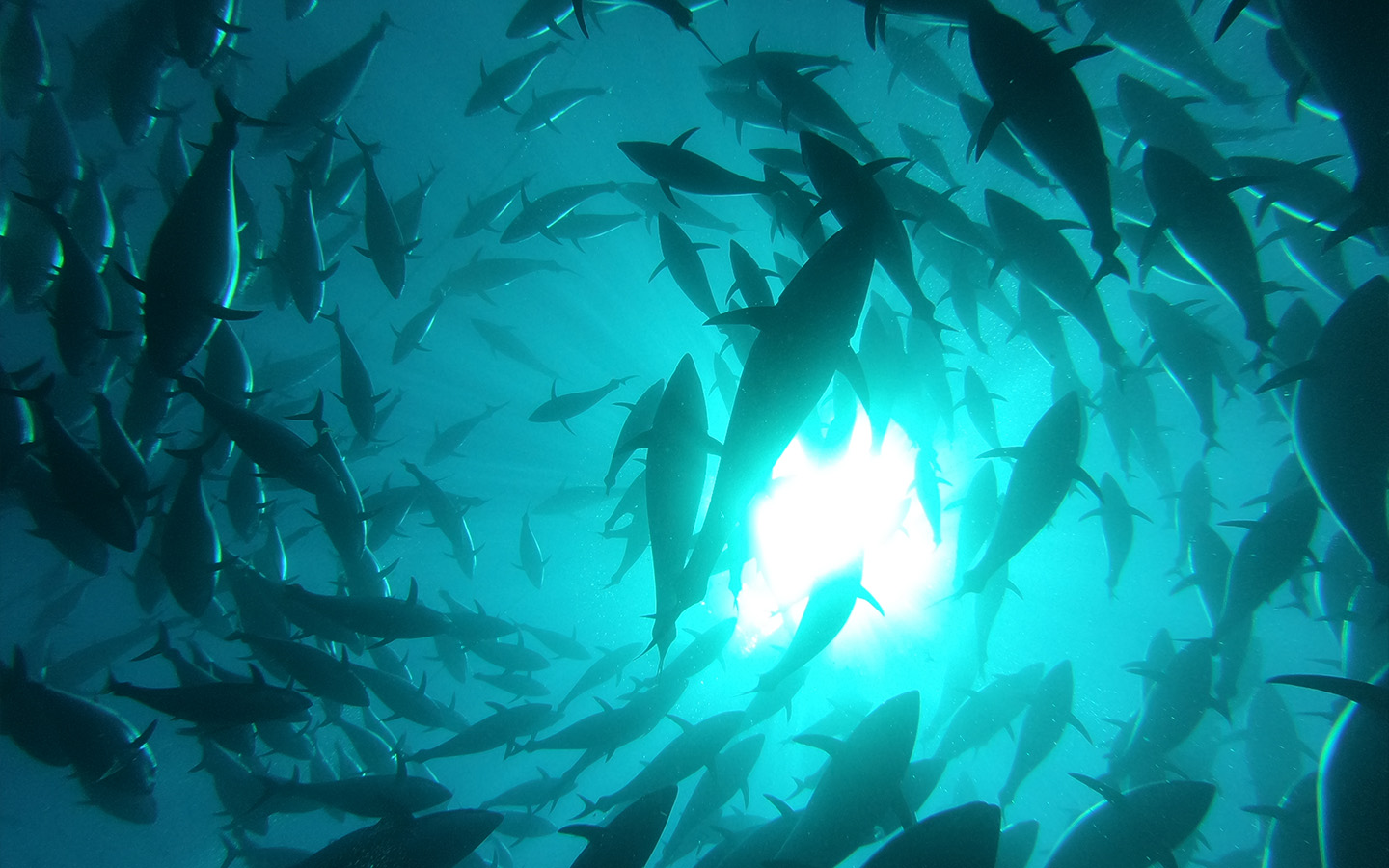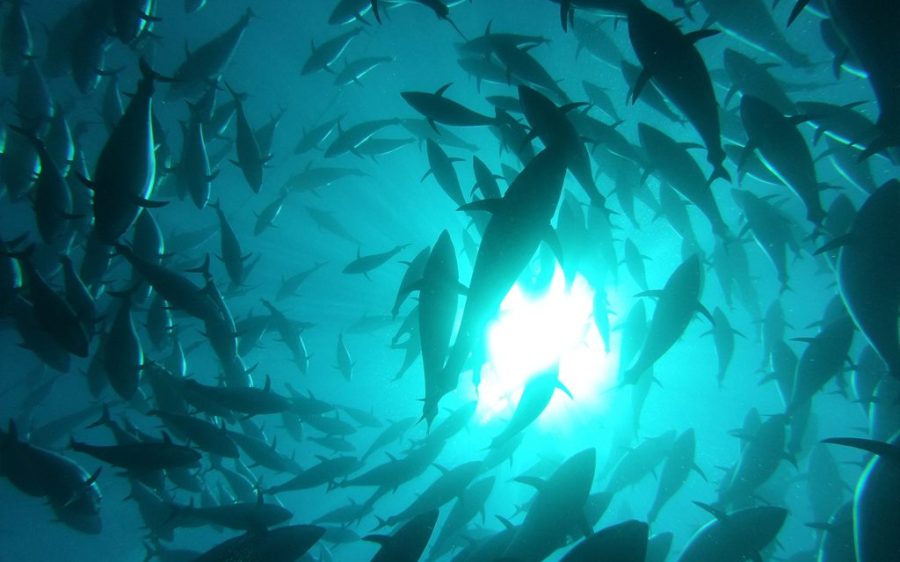São Tomé and Príncipe has signed a new fisheries protocol with the European Union, innovating on a 40-year partnership, reports state news agency STP-Press.
The new four-year protocol allows EU vessels to fish around 6,500 tonnes of tuna and other migratory species in São Toméan waters each year, while also guaranteeing 3.3 million euros (US$3.84 million) in investment, equating to 825,000 euros (US$960,000) per year.
Sixty percent of that money will go toward supporting São Tomé and Príncipe’s sustainable fisheries management, control and surveillance capacities, artisanal fishing and local fishing communities. Additional funds will come from EU shipowners, for licensing, support vessels, observers and catch fees of 85 euros (US$99) per tonne of fish caught.
The deal also contains provisions aimed at reinforcing good ocean governance, explicitly referencing the obligation to respect certain international standards for sustainable fisheries. It includes a commitment to respect international labour standards, ensuring better working conditions for fishers employed on EU ships.
[See more: Chinese state-owned fishing company CNFC marks 40 years in Guinea-Bissau]
According to the EU Commission statement, the EU’s first partnership with São Tomé and Príncipe on fisheries went into force in 1985. A new fisheries partnership agreement went into force in 2011, the most recent iteration of which expired in December 2024. It began applying provisionally on 6 October and will enter into force as soon as both parties complete their respective ratification processes.
Under the new agreement, a maximum of 35 vessels from France, Spain and Portugal can fish for tuna and tuna-like species in São Toméan waters. All EU vessels fish in compliance with rules set down by the International Commission for the Conservation of Atlantic Tunas (ICCAT), the body charged with managing tuna-like species in the Atlantic Ocean.
The partnership with São Tomé and Príncipe is part of a larger network of agreements with various countries in the region, aimed at ensuring sustainable management of fish resources, sustainable development of the sector in partner countries, conservation and environmental stability, while also supplying fish for the EU market.
Fellow African Lusophone countries Cabo Verde and Guinea-Bissau are part of that network, with agreements for 430,000 euros (US$500,100) and 17 million euros (US$19.77 million) respectively.






